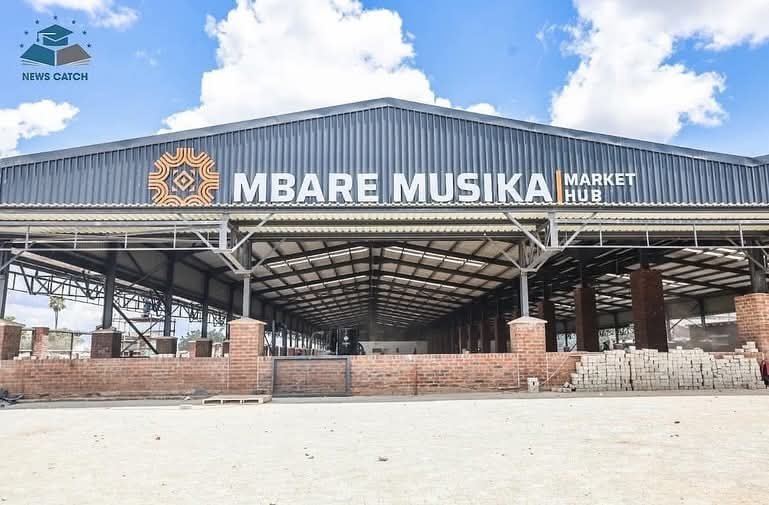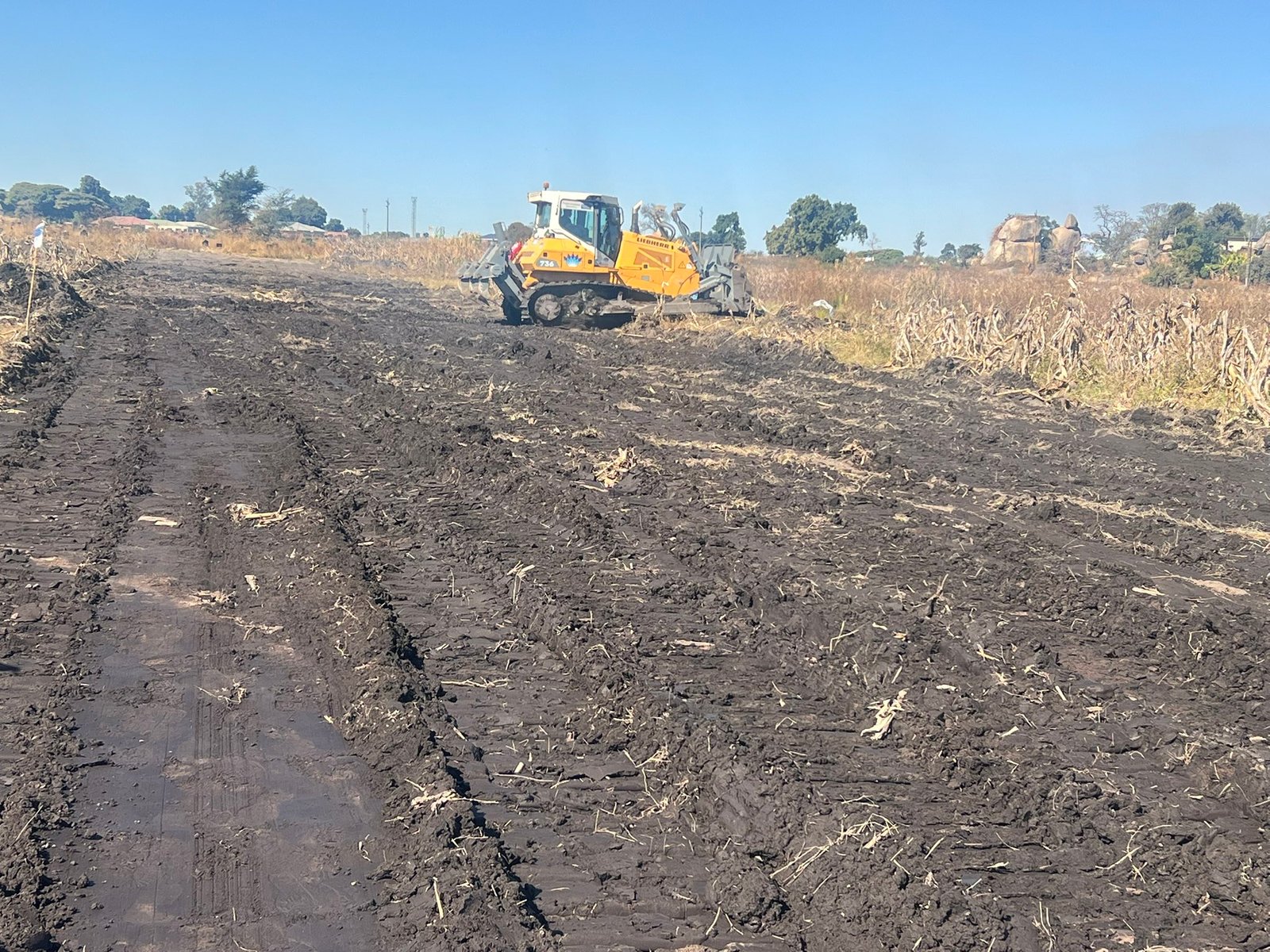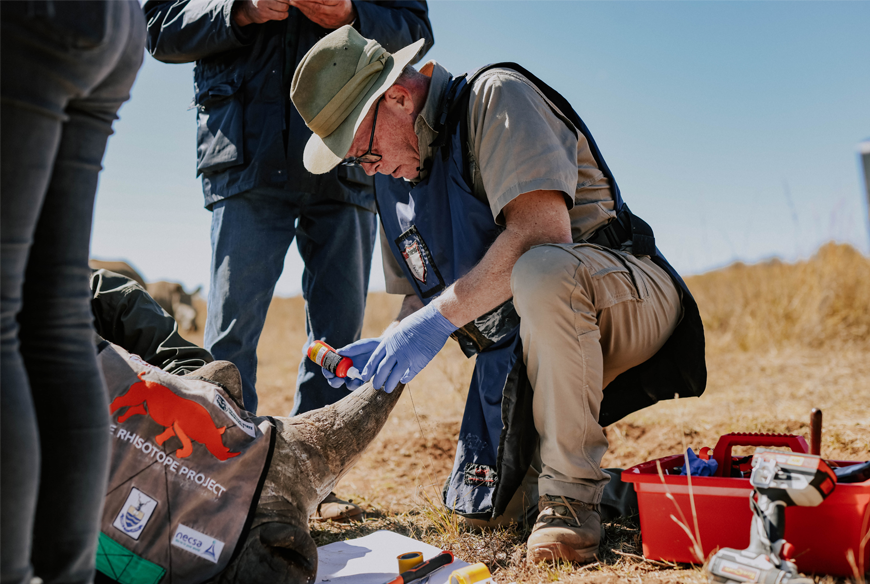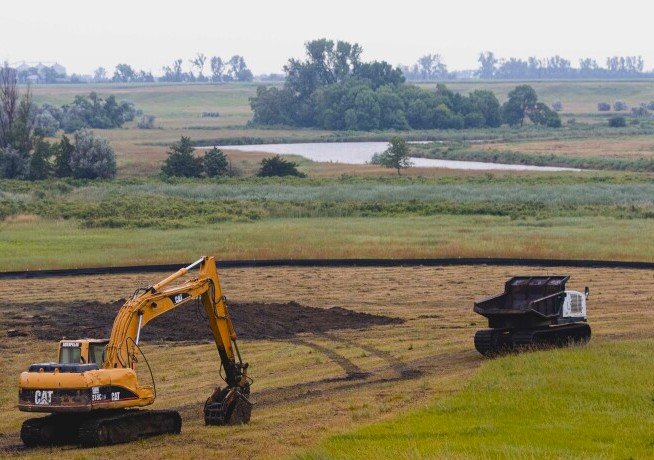Vendors are crying foul after the City council revealed proposed rental fees for trading space in rebuilt Mbare musika, accusing developers of profiteering and calling the charges exploitative and unaffordable for informal traders still recovering from a recent fire disaster.
In October last year, the Mbare Musika was engulfed in flames. Traders suffered losses that amounted to millions of dollars. The Government started building a new, state-of-the-art marketplace in a bid to relocate the traders who lost their stocks and trading spaces.
The announcement of these fees has sparked outrage among long-standing traders in the market. Many traders say authorities should reconsider a crippling new fee of US$50 per week for rental fees, warning that the policy will push them deeper into poverty.
The fees broken down into USD $150 Deposit, USD $50 Weekly Rent, USD $1 Toilet Fee, and USD $240 Monthly Parking Fee for Mbare Musika Traders.
“We don’t know where we are supposed to get the money to pay the USD $50 per week. We are suffering. If this decision comes from the government or the council, we are pleading with them to reconsider this market, we don’t want it,” an elderly trader said.
Another frustrated female vendor said “The prices are so high that we can’t afford them because we’re already struggling. What could you sell to raise that much money? We aren’t earning enough; the little we make is just enough for our basic needs. Often, we sell things for just a dollar, so where would we get that kind of money?”
The market was built on council-owned land through a partnership between the City of Harare, the Government and Masimba Construction.
Harare City Council Small and Medium Enterprises (SMEs) Committee, Chairperson Denford Ngadziore, condemned the charges, saying they were never approved by council and far exceed the officially sanctioned $25 monthly market fee.
“These figures are outrageous and completely out of touch with the economic realities faced by informal traders,” Ngadziore said.
“No fee structure has been ratified, and no one should be charged until a transparent, consultative process is completed and council formally approves it.” he said.
The market, located on council-owned land, was constructed as a relief measure following a fire in March that destroyed large sections of the original Mbare Musika. The blaze, which affected hundreds of vendors and resulted in the loss of goods worth thousands of dollars, was declared a national disaster.
The Vendors Initiative for Social and Economic Transformation (VISET) expressed outrage at what it called “unjust and exorbitant financial demands,” warning that the fee structure could drive out genuine vendors and worsen poverty levels among Harare’s informal traders.
“No one should be allowed to exploit a national tragedy for private gain,” VISET said in a statement. “These fees are higher than CBD shop rentals and have no place in a market meant to serve recovering vendors.” VISET Executive Director Samuel Wadzai has said
Residents’ associations have also demanded clarity over the partnership behind the development. “What is the agreement between Masimba Construction, the government, and the City of Harare?” asked Precious Shumba, Director of the Harare Residents’ Trust.
Ruben Akili of the Combined Harare Residents Association called the fees “a deliberate ploy to push out real vendors,” saying the move was “not pro-poor at all.”
A stakeholder meeting involving vendors, city officials, and partners is scheduled to take place this week to resolve the dispute. In the meantime, vendors have vowed not to pay what they consider illegal and punitive fees.





